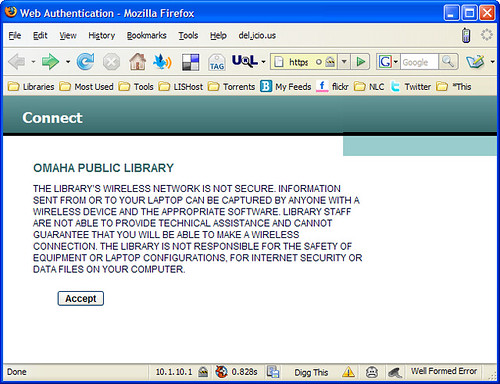FCC votes to punish Comcast for violating Net Neutrality
A reposted e-mail:
Dear Michael,
The FCC just voted to punish Comcast for violating Net Neutrality
Join the Open Internet Movement
Your hard work is paying off! Just one hour ago, the Federal Communications Commission voted to punish Comcast for violating Net Neutrality and blocking your right to do what you want on the Internet.
This win is yours. Defying every ounce of conventional wisdom in Washington, activists, bloggers, consumer advocates and everyday people have taken on a major corporation and won.
Today's vote at the FCC is also a precedent-setting victory that sends a powerful message to phone and cable companies that blocking access to the Internet will not be tolerated from this time forward.
News of this win is now being covered by every major news outlet as a turning point for Net Neutrality. Many more people are discovering our people-powered movement for a free and open Internet.
We need to capitalize on this momentum to grow the movement and ensure that Net Neutrality is protected on all 21st-century networks. Help us send a message to this Congress -- and the next one:
Join the Internet Freedom Movement: Stand Up and Be Counted
In the past two years, more than 1.6 million of you have already contacted Congress and the FCC. But that's not all. You have sacrificed time and energy speaking out at town meetings, collecting signatures on street corners and on campuses, and spreading the word via blogs, Facebook and house parties.
With your help today, signing this letter and forwarding it to friends, we can increase our ranks to more than 2 million.
Today's FCC victory is a milestone, but our work is far from done. Companies like AT&T, Comcast and Verizon are continuing to fight Net Neutrality using lobbyists, lawyers and campaign contributions. These special interests should not be allowed to set Internet policy for the nation.
Tell Congress: Keep the Internet Open for Everyone
The Internet's true greatness lies in those of us who use its level playing field to challenge the status quo, create and share new ideas, take part in our democracy and connect with others around the world -- without permission from any gatekeepers.
With your help and commitment, today's win will be just the first of many to protect innovation, free speech and democracy on the Internet.
Thank you!
Timothy Karr
Campaign Director
Free Press
www.freepress.net
www.savetheinternet.com
P.S. Help us spread the word about this important victory for Net Neutrality. Tell your friends and join SavetheInternet on Facebook and MySpace.
P.P.S. Want to learn more about this historic ruling by the FCC? Check out these great articles:
1. Historic Victory for Net Neutrality, at SavetheInternet.com
2. Comcast Unleashes the Lap Dogs, at Huffington Post
3. Kevin Martin’s Open Network Manifesto, at the New York Times
4. Adelstein and Copps: Voices at the FCC for a Free and Open Internet, at the Huffington Post
![]() Take action on this important campaign at: http://free.convio.net/site/Advocacy?pagename=homepage&id=277
Take action on this important campaign at: http://free.convio.net/site/Advocacy?pagename=homepage&id=277
![]() Tell your friends about this campaign at: http://free.convio.net/site/Ecard?ecard_id=1161
Tell your friends about this campaign at: http://free.convio.net/site/Ecard?ecard_id=1161








